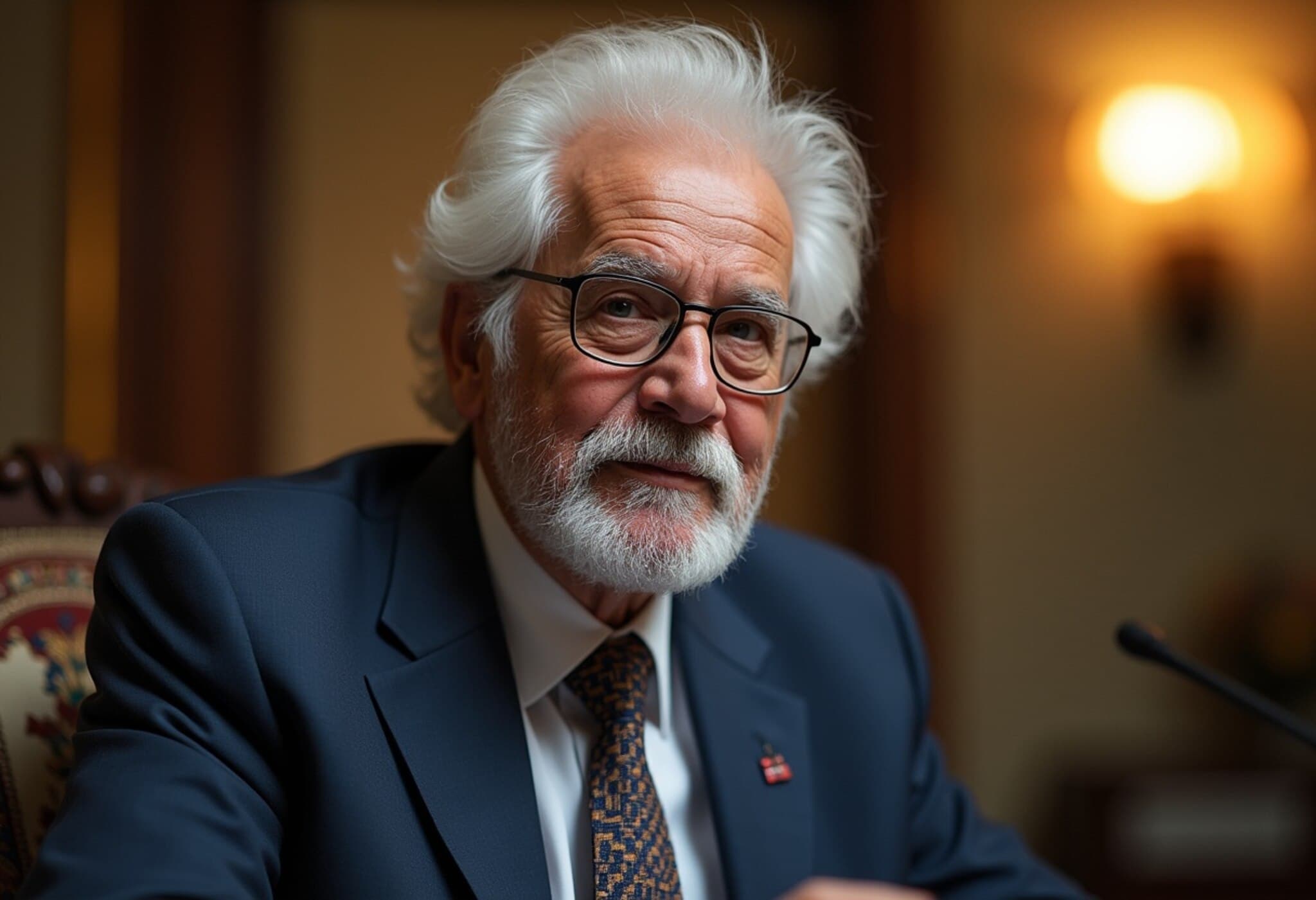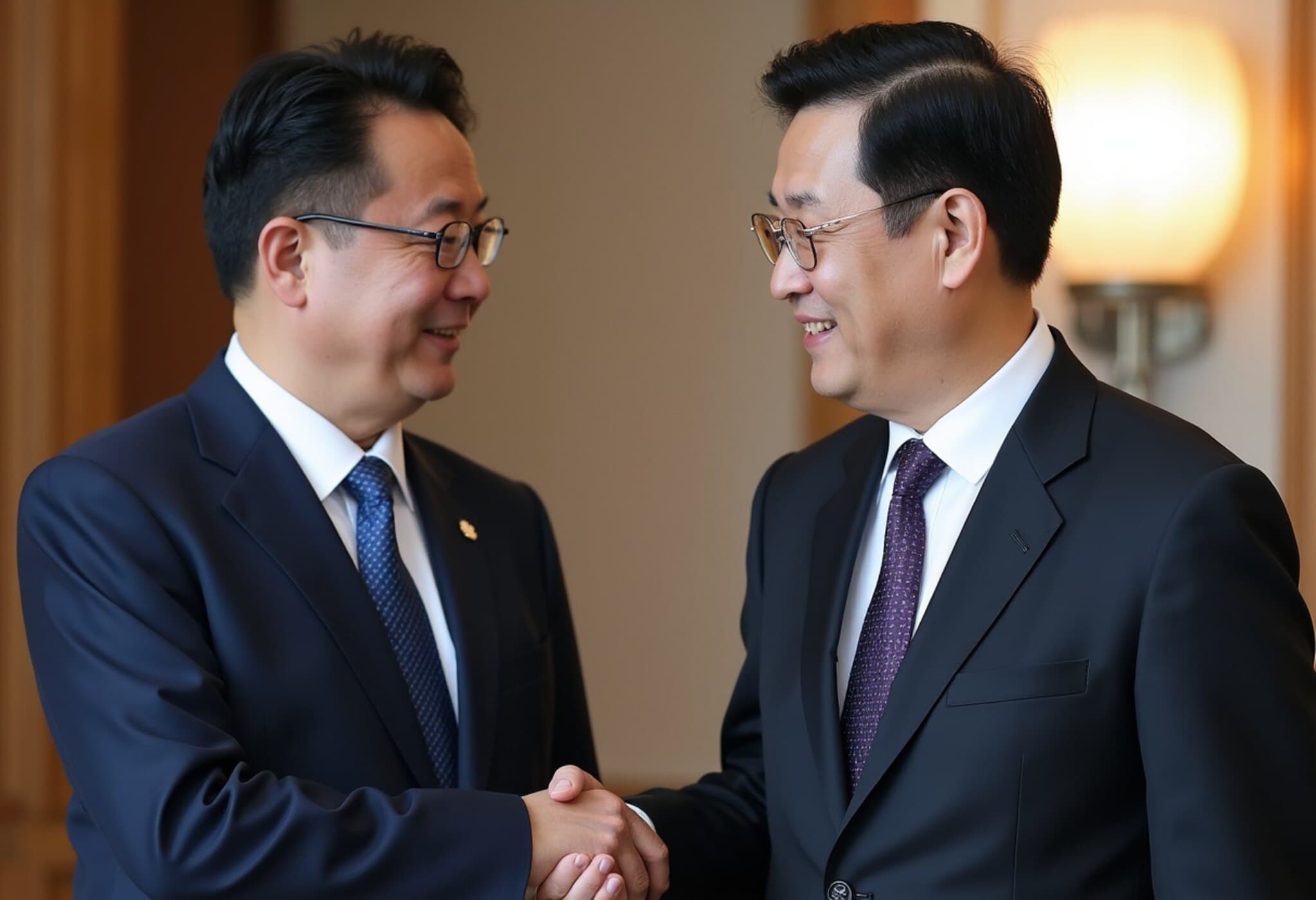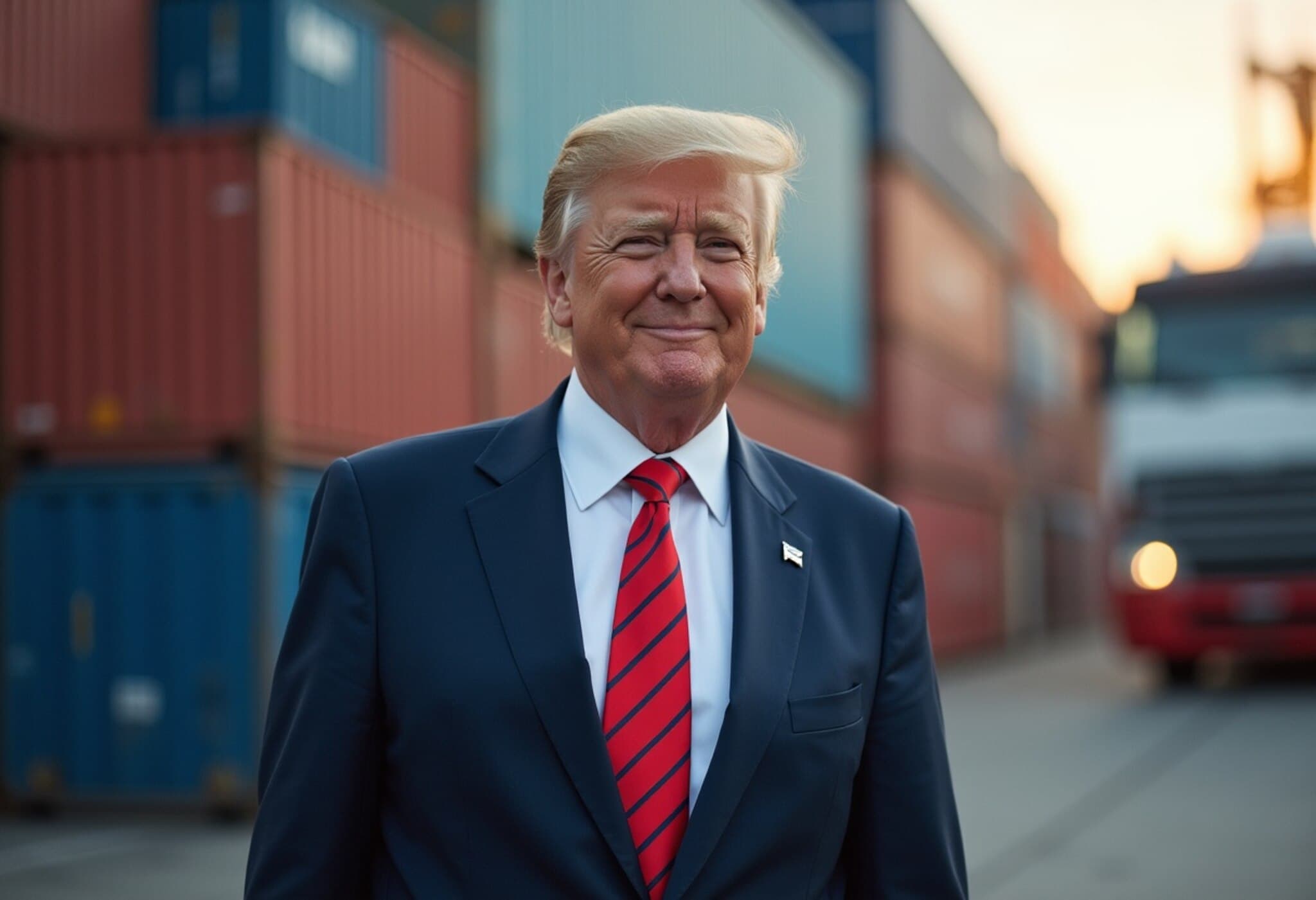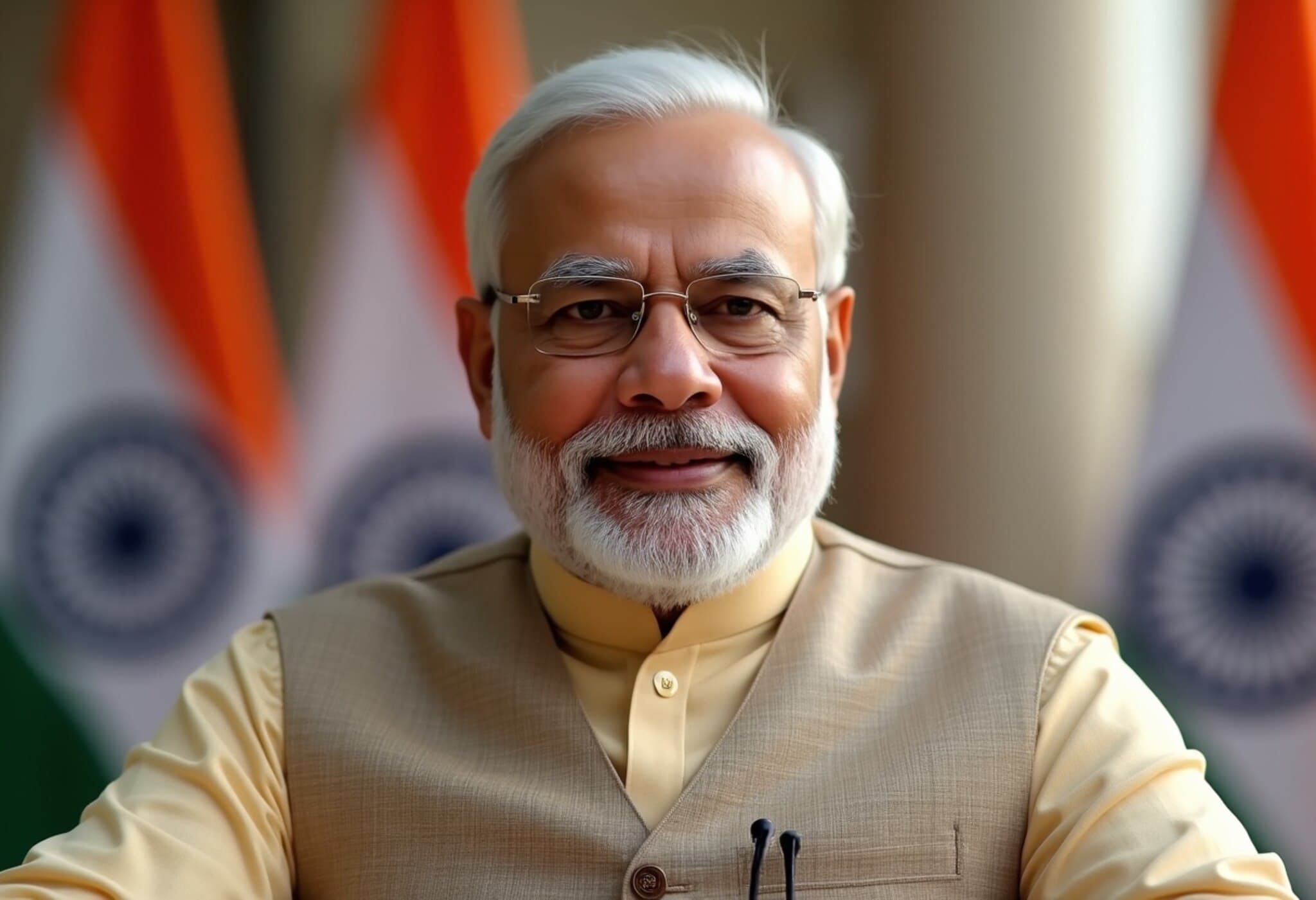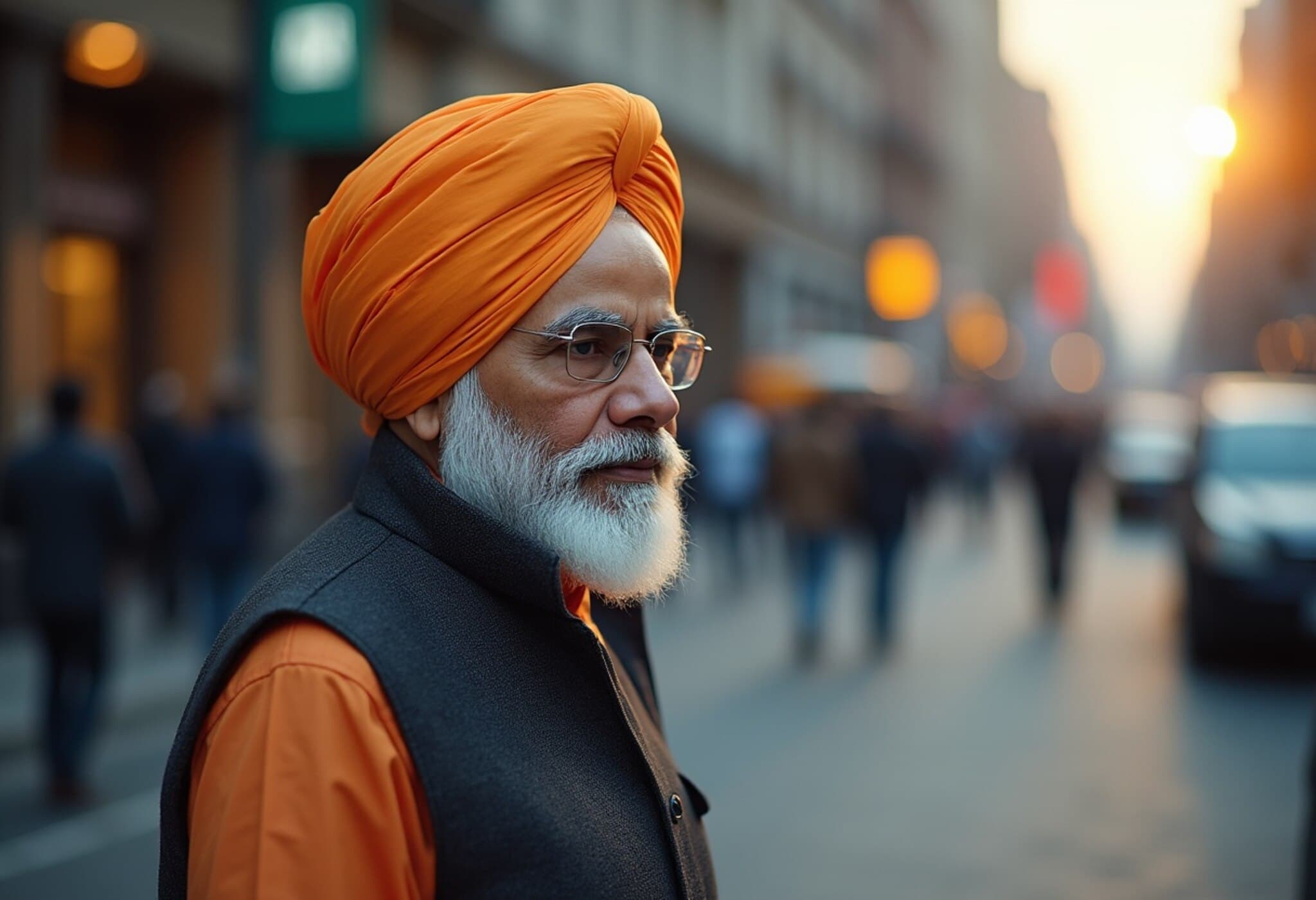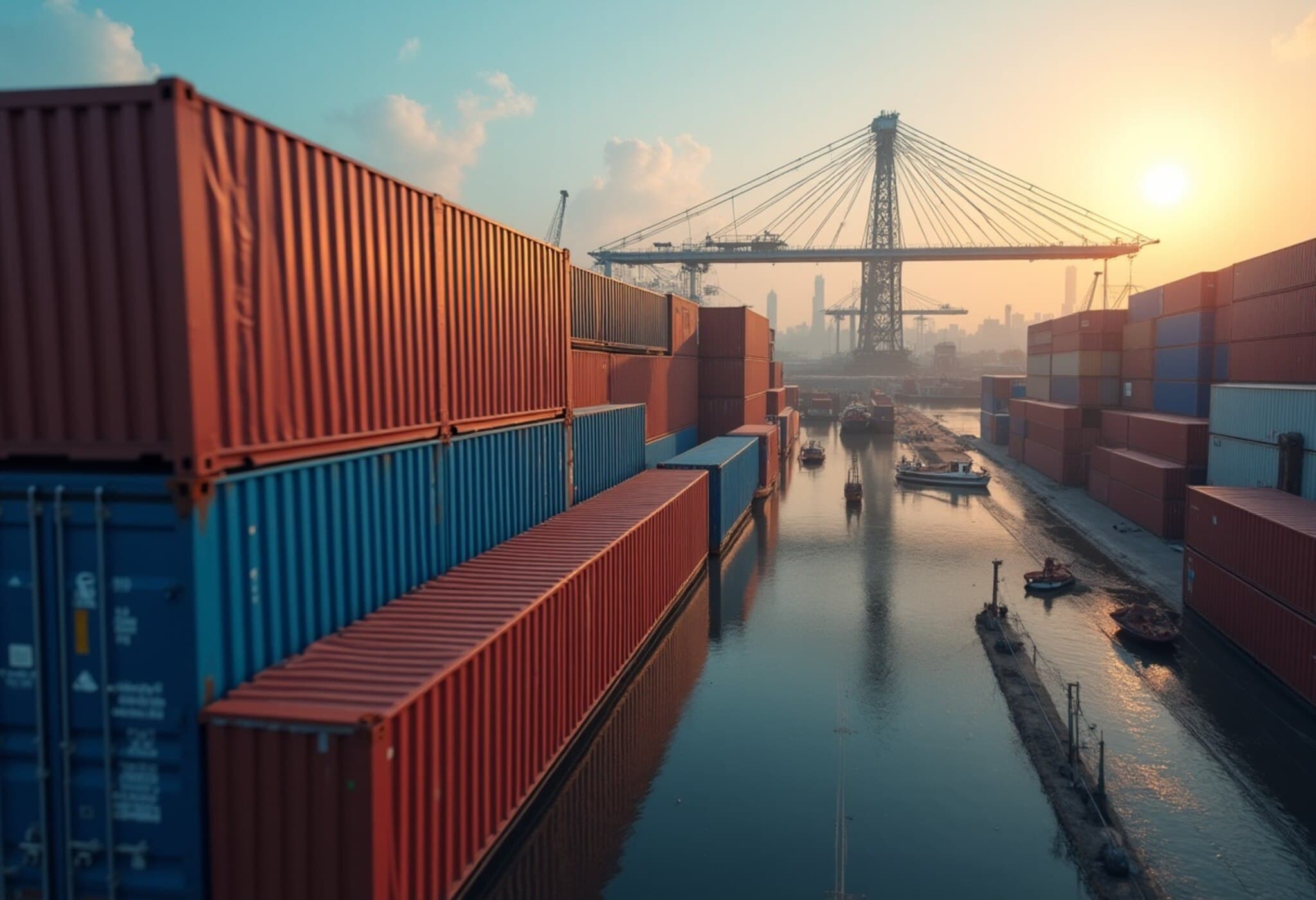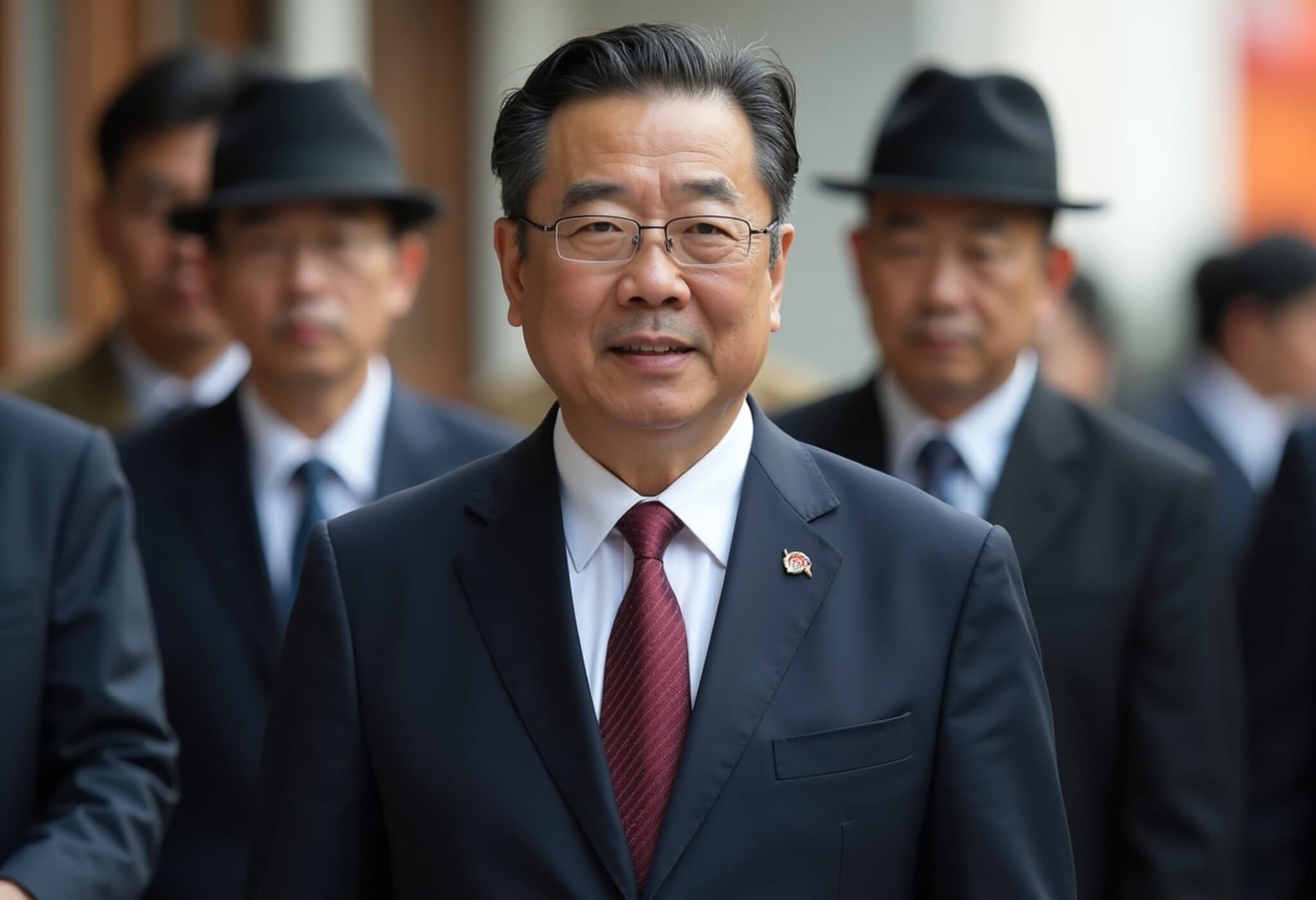China Imposes New Limits on EU Medical Device Imports
In a fresh escalation of trade friction between two of the world’s largest economies, China’s Ministry of Finance announced on Sunday that it will impose restrictions on government procurement of medical devices from the European Union exceeding 45 million yuan ($6.3 million). This move is a direct response to Brussels’ recent measures aimed at limiting Chinese firms’ participation in EU public tenders for medical devices.
The Growing Rift Between Beijing and Brussels
The announcement marks the latest salvo in a series of tit-for-tat trade measures that have significantly strained China-EU relations. Last month, the European Commission activated its International Procurement Instrument (IPI) for the first time — a policy designed to ensure reciprocal access to government contracts. The EU barred Chinese companies from bidding on medical device tenders valued at over €60 billion ($70 billion) annually, citing unfair market access for EU firms in China.
This clampdown has triggered a predictable backlash from China, which accused the EU of unilaterally erecting protectionist barriers despite China’s efforts to cultivate goodwill and cooperation.
China’s Retaliatory Measures
- Restricting government purchases of EU medical devices over 45 million yuan ($6.3 million).
- Limiting import of medical devices from other countries if EU-made components constitute over 50% of contract value.
- Exempting products manufactured by European companies within China from these restrictions.
These measures took effect immediately, underlining the growing urgency China places on defending its trade interests.
Context Beyond Medical Devices: An Expanding Trade Dispute
This tit-for-tat dynamic extends beyond medical equipment. China recently imposed duties reaching 34.9% on certain EU imports, primarily targeting cognac from France, a move perceived as retaliation against European tariffs on Chinese electric vehicles. Major brands like Pernod Ricard, LVMH, and Remy Cointreau received exemptions contingent on meeting undisclosed minimum pricing — a nuanced element revealing China’s strategic calibration to balance economic measures while managing diplomatic optics.
Implications for Global Supply Chains and Policy
Experts warn that such protectionist maneuvers could prompt significant reshuffling in global supply chains, with manufacturers and purchasers seeking to mitigate risks amid geopolitical uncertainties. The International Procurement Instrument’s usage by the EU underscores how governments are increasingly leveraging public procurement policies to exert geopolitical influence and protect domestic industries.
As China and the EU prepare for their upcoming leaders’ summit in July, policymakers face the challenge of navigating these complex tensions without derailing broader cooperation — especially at a time when global health and economic recovery remain sensitive priorities.
Expert Perspective
Dr. Laura Kim, a trade policy analyst, notes, "This escalation reveals the difficulty of maintaining open markets in an era of growing protectionism and strategic rivalry. While each side asserts the need for fairness and reciprocity, the risk is that essential sectors like healthcare face unnecessary disruptions that could affect access and innovation." She adds, "Monitoring these developments is critical for multinational companies and governments that rely on stable, predictable trade relationships."">
What Lies Ahead?
With both sides entrenched, observers are watching whether the forthcoming China-EU summit will ease tensions or further entrench divisions. The diplomatic interplay between trade policy and strategic competition will likely shape not only bilateral relations but also global trade governance structures for years.
Editor’s Note:
The unfolding saga between China and the European Union spotlights the fragile balance between economic interests and geopolitical strategy. While protective measures may serve short-term national interests, they raise important questions about long-term global health security and supply chain resilience. Readers should consider how such trade tensions might influence pricing and availability of medical technology worldwide, as well as the broader implications for international cooperation in an ever-interconnected world.



